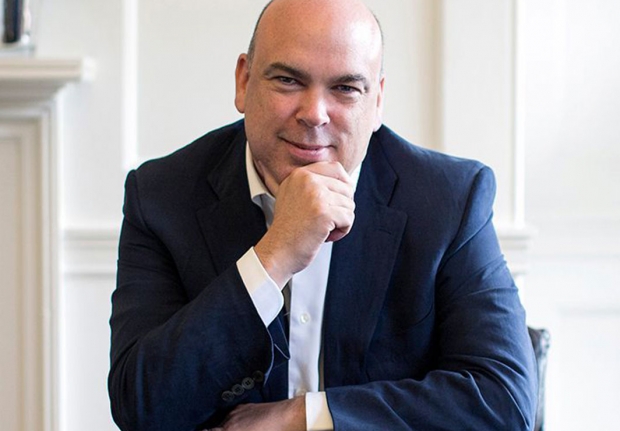Lynch said HP had made many statements that were highly damaging to him and misleading to the stock market, and the company knew, or should have known, these statements were false. Although he did not say it, it would appear he is suing for defamation.
HP's $11 billion purchase of Autonomy was supposed to form the central part of the U.S. group's move into software. But the deal turned sour a year later when HP wrote off three-quarters of the British company's value, accusing Lynch and his colleagues of financial mismanagement.
In March, HP lodged a claim in London against Lynch and his former colleague Sushovan Hussain for damages of about $5.1 billion over their management of Autonomy.
HP alleged Lynch and Hussain had conducted a systematic and sustained scheme to make Autonomy look like a rapidly growing, pure software company, when in reality it was the opposite.
Lynch said documents showed HP was made aware of practices at Autonomy, and had a due diligence report prepared by KPMG.
"HP's own documents, which the court will see, make clear that HP was simply incompetent in its operation of Autonomy, and the acquisition was doomed from the very beginning," he said.
Lynch said he hoped the claim would result in HP chief executive Meg Whitman appearing in court. This is about dragging them to be accountable, to actually explain the chaos, the mismanagement and the internal warfare, and then the attempt to cover it up," he told Reuters.
HP claimed that Lynch's lawsuit was a "laughable and desperate attempt to divert attention from the $5 billion lawsuit HP has filed and the ongoing criminal investigation.
It is not clear which criminal investigation it is talking about, as we thought the British one had been scrapped.




